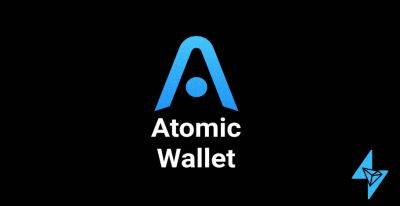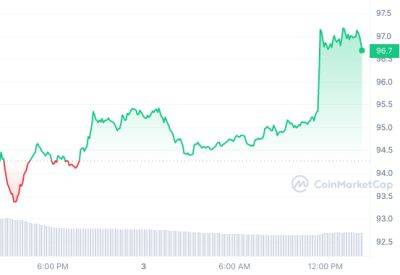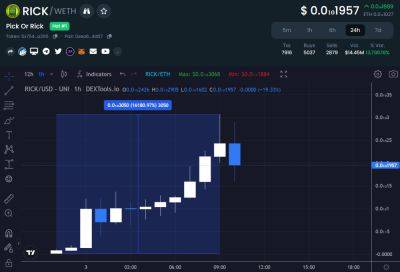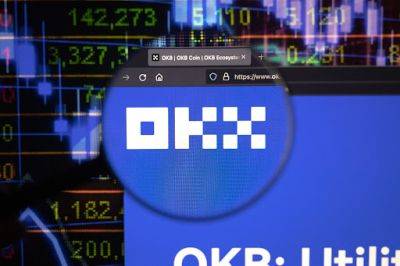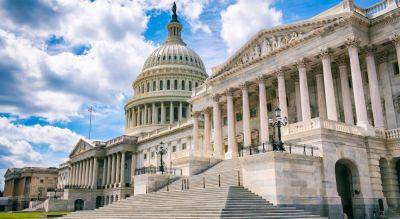World Economic Forum Paves Way for Global Crypto-Asset Regulation
The World Economic Forum (WEF) recently published a white paper titled «Pathways to the Regulation of Crypto-Assets: A Global Approach,» advocating for a collaborative approach towards crypto regulation on a global scale.
The white paper highlights the unique challenges and necessary considerations regarding the regulation of crypto-assets. Considering the borderless, open-source, decentralized nature of these digital currencies, their regulation requires a delicate balance between preventing harm, protecting users, and promoting innovation.
The WEF acknowledges significant progress made so far, especially through the involvement of numerous international organizations like FSB, IMF, BIS, OECD, IOSCO, and national regulators such as the EU, Singapore, Japan, the UAE, India, South Africa, the US, among others. However, many pertinent questions remain under discussion, including how to define and classify crypto-assets, adapting to a rapidly evolving ecosystem, and maintaining effective regulatory oversight.
The white paper outlines several challenges in implementing a global regulatory approach, including lack of harmonized classifications, regulatory arbitrage, and fragmented monitoring. The WEF suggests these hurdles can be overcome through collaboration among policymakers, regulators, and industry.
The report analyses the wide spectrum of regulatory approaches adopted by different jurisdictions such as principle-based, risk-based, agile regulation, self and co-regulation, and regulation by enforcement. A broad and global view of the topic was ensured by consulting diverse stakeholders of the Digital Currency Governance Consortium (DCGC) while evolving recommendations.
The white paper concludes that a global
Read more on blockchain.news




